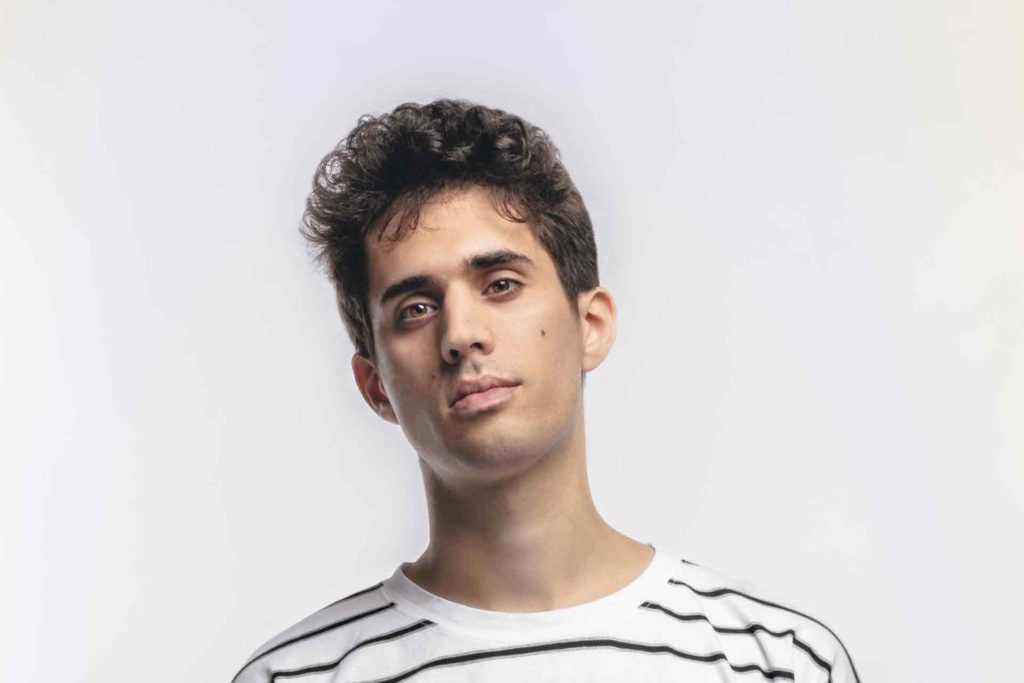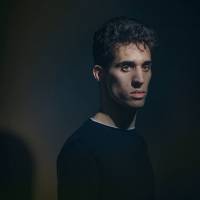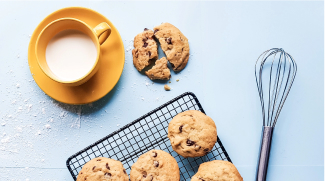Trying to attach a label to the work of Anomalie is like attempting to carry a large chunk of sand in your hand… It proves to be ever-shifting and it’s bound to slip onto an array of different places. The moniker ‘Anomalie’ (Nicolas Dupuis) hints at this sentiment, and the first time I stumbled across this name was back in 2021 through a video where Anomalie turns a harsh electronic sample into a chiseled work of art that could decorate the scenery of a jazz bar. This was only a mere exhibition of his talent. His EPs Métropole Part I and II not only showcase his expertise on the keys, he forges musically opulent tracks that combine electronic, funk, R&B, and jazz influences in a garden-fresh manner.

For 17 years Nicolas was immersed in the world of jazz and classical piano which seamlessly shines through his aesthetic. Iconic producer Gramatik witnessed his musical dexterity when Anomalie shredded over his beats on Instagram in 2016, and this eventually led to two things… He toured as Gramatik’s keyboardist for his live shows, plus he actually released his debut and sophomore EPs Métropole Part I and II through Gramatik’s label Lowtemp.
Fast forward to 2022, the Montréal-based artist has just released a magnificent album called GALERIE which features prominent artists such as Masego and Bad Snacks. And I can’t forget to mention that he’s about to embark on his biggest tour this month. We caught up with Anomalie to find out more about his upcoming album, the influence of his family, and what it takes to master a craft.
For more than 17 years you’ve been deeply involved with jazz and classical piano… That’s quite a long time. When you were young in which ways would you say your family and your immediate environment encouraged and helped you foster your talents in music?
Stay up to date.
New music and exclusive updates in your inbox weekly.
I grew up in a musical family : my mom is a piano and music theory teacher, whereas my dad was a radio host with a show than ran for more than 20 years and mainly focused on classical music. Considering the fact that both of my parents had “unconventional” professional paths with multiple projects and creative endeavors throughout their respective careers (while being very thorough with their work ethic), they’ve always been very supportive of my projects since I was a teenager.
My mom provided resources and some educational structure for me as a kid in regards to learning piano but never pushed it - it was important for her that I decide on my own whether I wanted to pursue that or not (or if I even liked it I guess) I started studying with another teacher when I was 7. I’m extremely grateful for that and really appreciate and understand that I was very fortunate to have grown up in that environment.
I'd love to hear your thoughts about going to an institution to study music vs being in a room for years and teaching yourself? Since you've been classically trained AND you have spent time by yourself learning the ins and outs of electronic music, I think you'd have quite a well-founded opinion on this matter.
Solid question. I would say both are definitely as valid, and they’re not incompatible - I wouldn’t have made it where I am now if it weren’t for all the incredible teachers that I studied with (both through school and outside of school), but then I also wouldn’t be where I am now if it weren’t for those countless hours of exploration and a bunch of self-taught concepts (both in terms of production and music theory), so I am definitely a product of both. I think that no matter which path you take, balancing different aspects of your environment is key. For example, community is very important, but you also don’t want to get stuck in an echo chamber that shields you from other amazing opportunities - so whether you achieve that through school or online, I’d say be curious and try to be on the lookout for what’s happening outside of your current circle.
Having some form of mentor at a certain point, even if it’s just one lesson, is huge. What’s even better though, in my opinion, is getting access to several, different perspectives and then taking all of it in to better make up your mind about what concepts resonate with you in order to better define who you are creatively. Learning is a beautiful thing and it never stops.
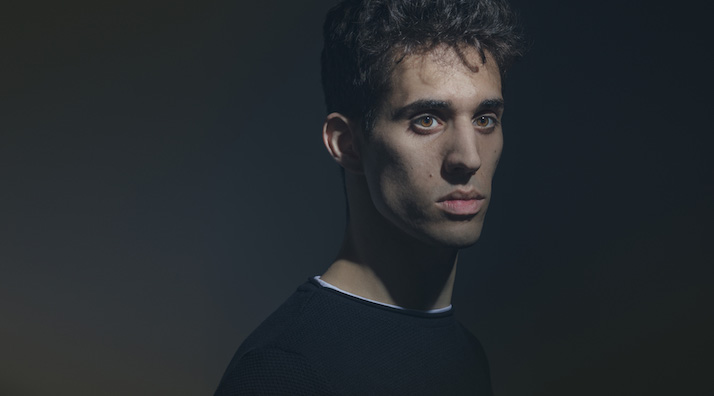
When it comes to the sound you've created under Anomalie, you've taken a range of (unlikely) influences and backgrounds and forged them together to create quite a niche sound. With that being said, who would you say you're making music for?
I would say that one of my primary goals, when I create, has been to try to create something that makes me happy while I’m doing it. And it’s unfortunately not always the case since there are parts of the process that have become more draining throughout the years, but through all that I’m always very grateful for everyone that takes the time to listen to anything I’ve put out. With this specific project, Galerie, that is the product of a process that took place during a pandemic with a series of doubts and questions, I am definitely also making this for the amazing community that kept me company and inspired me through my series of streams on twitch.
What was going on in your life during the creation of your upcoming album GALERIE, and how would you say those events influenced the direction of the record?
The record was pretty much forged by the space it was made in : a basement studio that I designed and built (with a lot of help) over 3 months in this great new place that my girlfriend and I moved in last year. It was a game changer to be able to make noise, record drums, percussion and my absolute favorite : the upright piano. I hadn’t had access to an actual piano since I was a teenager and so that was absolutely rejuvenating and it’s pretty much the “main character” of the project.
For anyone who has been following the rollout of GALERIE, it's clear that there is a consistent visual theme going on with the artworks of the singles. In which way does the grey, sketch-inspired visuals reflect the story of GALERIE?
That’s all by the amazing Michael Ferrier - he absolutely nailed it and he’s an incredible artist. With the many collaborators that are featured on the project and each of them sharing a piece of their own creative universe in their respective tracks, I felt like it was fitting to have the main concept of the album, both visually and sonically, be that of an art gallery : a series of canvases that each have their own story and colors, but are still a part of main series that share a similar theme.
On your insta you mentioned that the session with Masego that led to the single "Memory Leaves" was among your favorite musical moments. I'm curious as to what it was about the session that made it unforgettable, and how was it like working with Masego?
I’ve had so much fun creating with Masego and I’m really looking forward to working on some more projects with him. It was pretty surreal to witness the creation of his part, verse, choruses, bridge, lyrics, harmonies and all basically happen in about three hours - all meticulously well executed too. I was particularly blown away by his interaction with my piano riff, which was a part of the demo I showed him initially and I had thought to myself that if he were to choose that one I would re-write the pattern around what he would come up with. Instead, his main hook ended up as this incredible interaction with the piano riff, which he made into his own while still respecting what was happening in the first place - insane.
In your opinion, what are some of the key elements that produce the best collab relationships between artists?
Getting along with the person in the first place is like the most basic requirement in my opinion, I think it’s very normal and ok to not feel a natural and/or immediate affinity with every single artist you meet, even ones you really respect and love musically. I think that forcing anything is something to avoid generally speaking and if you vibe with someone, usually I feel like it’s easier to have musical chemistry too (although it’s not a given). I think it’s also important to try stuff though and keep an open mind, so definitely take my answer with a grain of salt :’)
What was the most difficult part about putting GALERIE together?
Coming to terms with the last steps of finishing a song. It’s always been something that I’ve struggled with, but I think that having collaborators on this project whose musicality I really love helped.
For you, what does success look like?
Doing what you love and living/sharing your victories with people you love.
I recently read an article about how ‘content creation’ can actually hurt artists and get in the way of them actually diving deeply into their craft. You seem to be quite active on social media, and I’d love to know what your perspective and approach is on putting out content on social media in a manner that’s healthy for artists?
It can definitely feel like a double edged sword at times. The cons are that it can feel draining, and I think that it’s generally not really good for your mental health, whether you’re an artist or not (but definitely more so for an artist). I think there’s a balance to aim for where you’re able to make your approach towards social platforms sustainable, and that will definitely vary from person to person and I think it’s important to establish a way of tackling that stuff that you’re comfortable with. Because the pros are undeniable, I basically wouldn’t have a career if it weren’t for social media.
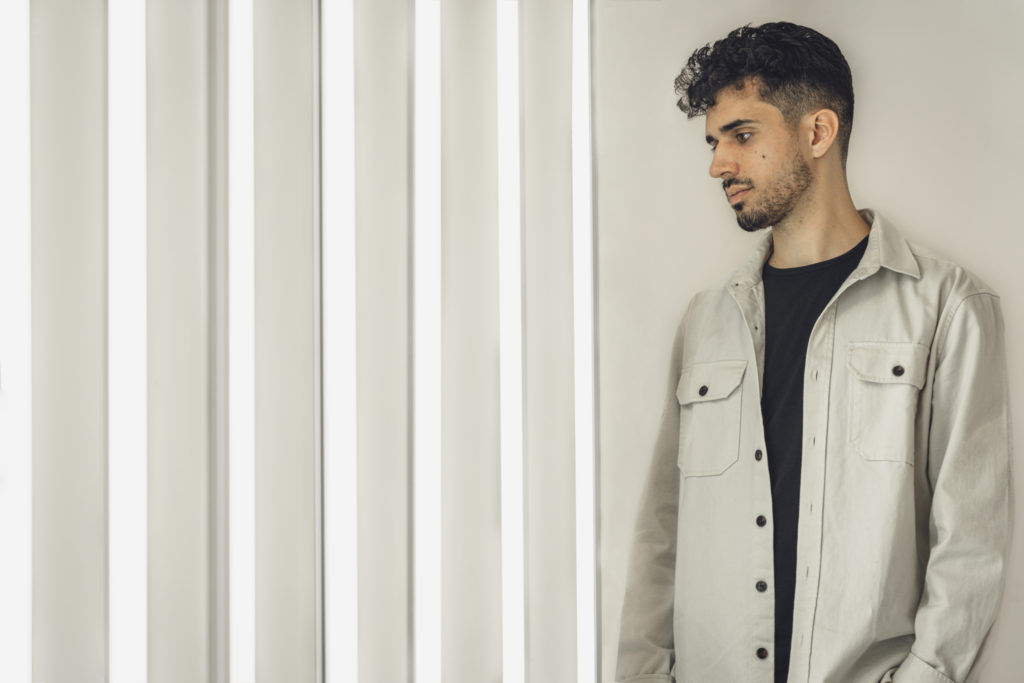
Bad recommendations/advice that you commonly hear when it comes to music production?
That you need good/expensive gear to make good music. It’s also common for people to respond that it’s not true but I chose this specifically because I’ve pretty much always had this philosophy regarding this: I think that in the end it’s way more constructive for you to master a limited amount of tools/ressources at a time (it could be a certain reverb plugin, a certain chord quality, a certain synth vst, etc). and then experiment with those as much as you can before moving on to other tools (gear, vsts, harmonic concepts, etc.). I find that by doing that, it makes it so that not only do you become a master of using those tools, you’re also able to identify how they actually resonate with you/how you usually incorporate them into your creative workflow and so from that point you’ll pretty much now when and how to call upon them at any given time. The result is that once you end up with 35 times more equipment/tools to go for, each one will have a its purpose/use and most importantly, in a way that is meaningful to your creative process (as opposed to having a bunch of bundles that you end up never using because you never actually gave yourself a chance to experiment with them)
So... 1) An artist/band you would have a D.M.C (Deep Meaningful Conversation), 2) An artist/band you’d love to party with. 3) An artist you would like to be your mentor? You're welcome to pick from artists/bands who are retired/dead.
1. Quincy Jones. I was fortunate enough to have met him and I had a very short conversation with him, which was incredibly inspiring, but I’d basically take like hours of that anytime - everything that man says is just pure gold.
2. Jacob Collier - not only is he incredibly inspiring, I feel like he has an almost unlimited amount of energy, and I’d love to see him in that context :)
3. Oscar Peterson. I would have given anything to just take one lesson with him, and he’s also from Montreal which would have made it even more amazing
